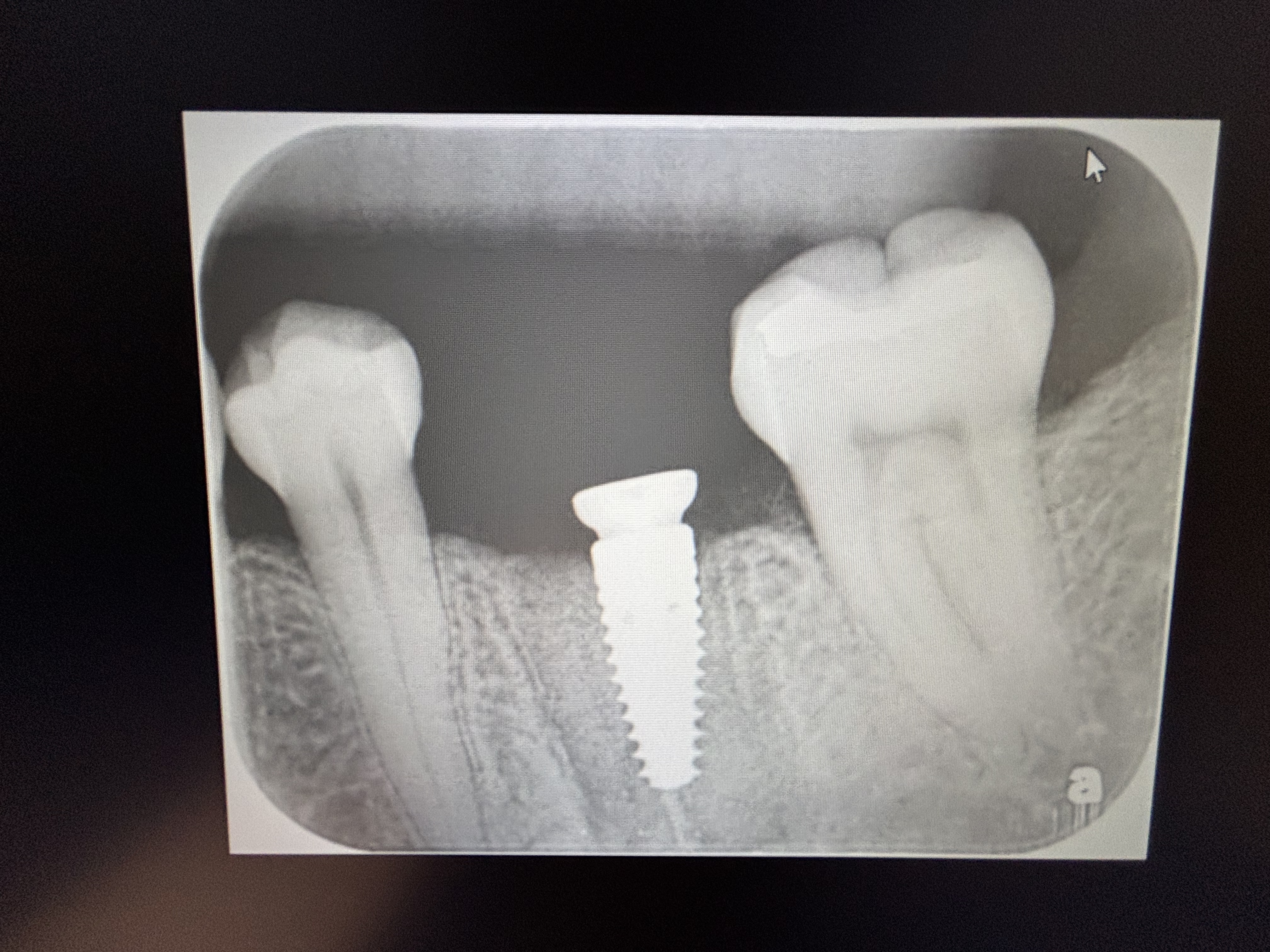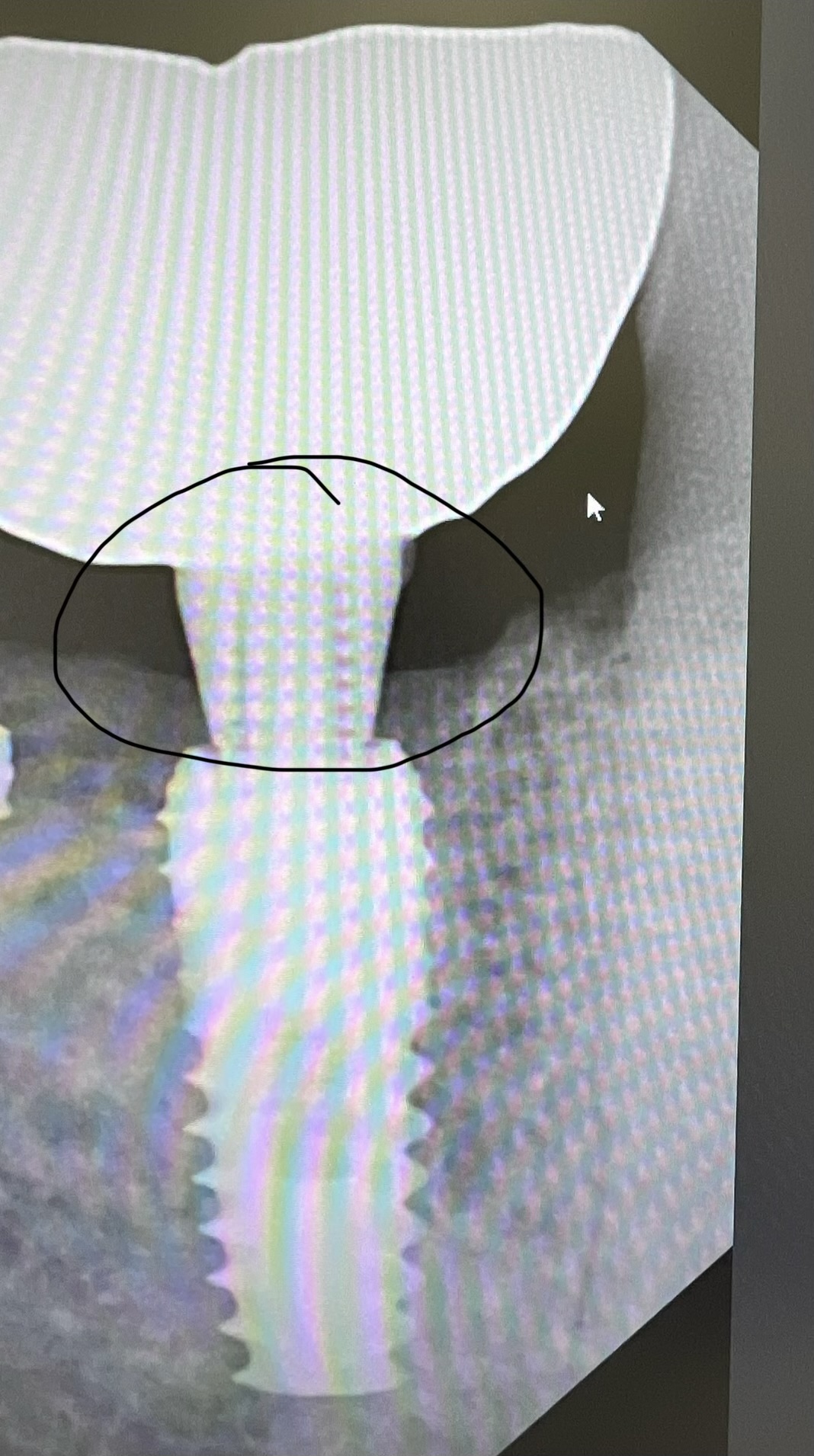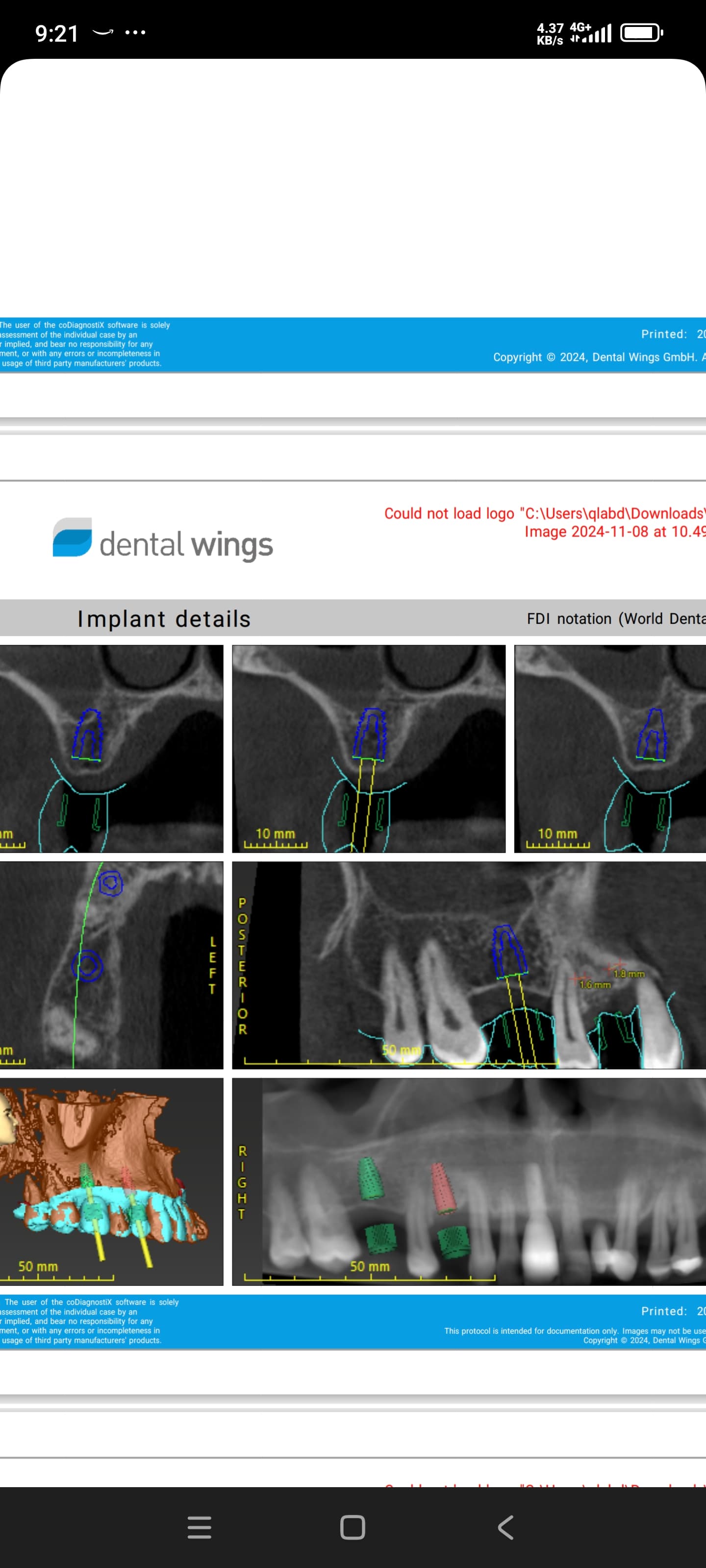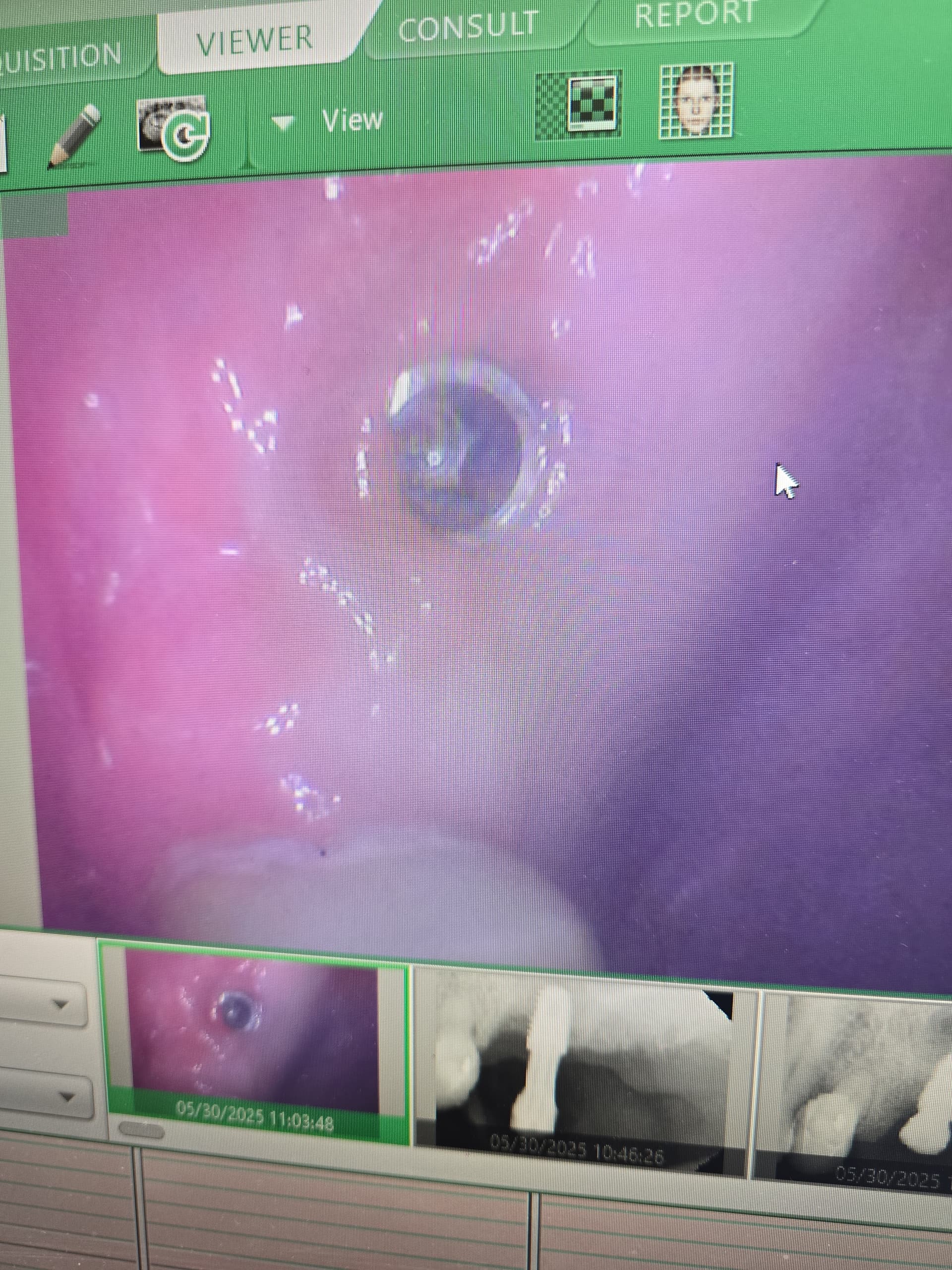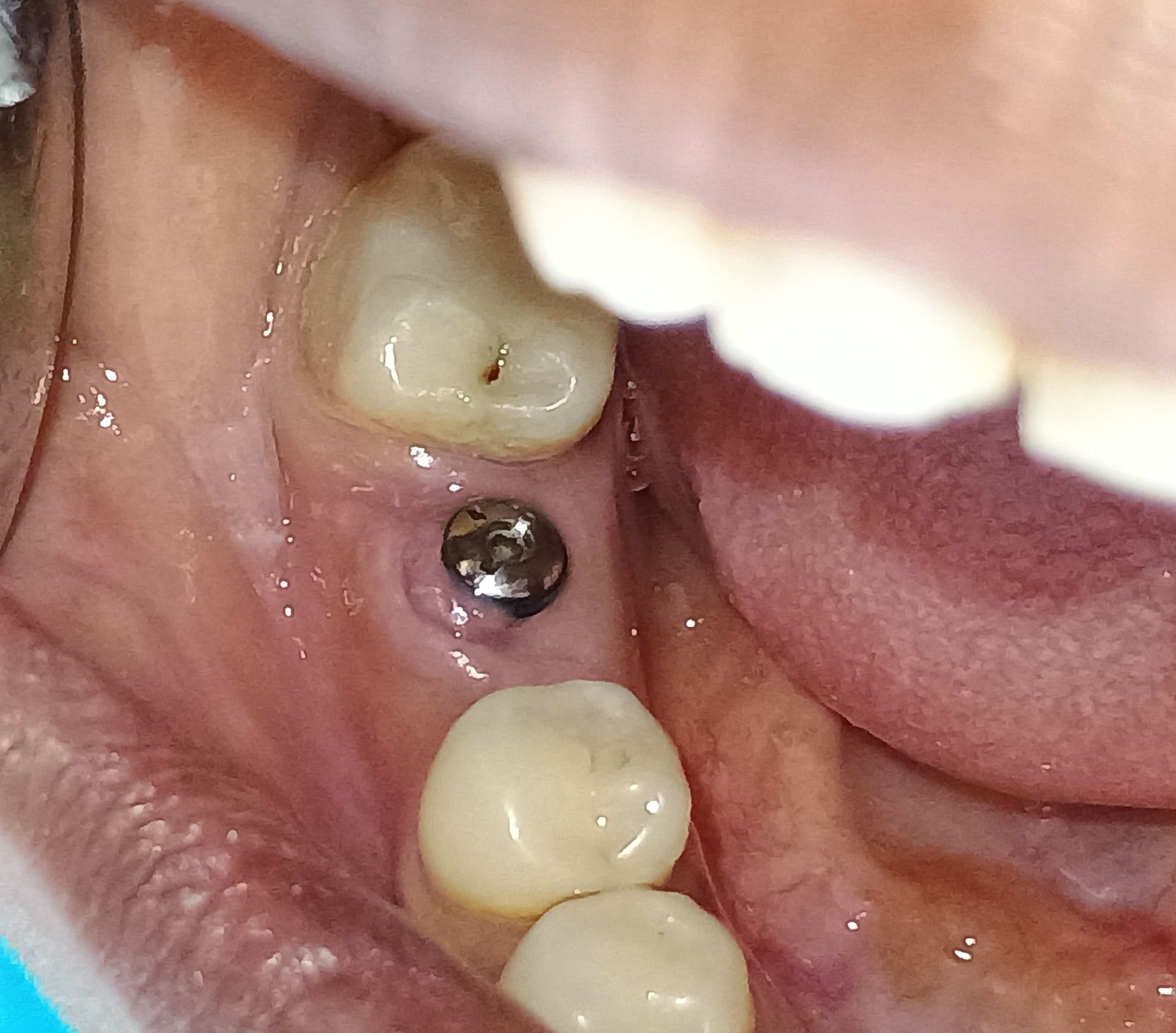Best type of suture for implant surgery?
I would like to get start a discussion topic on the suture materials to use for implant surgery. Can any one shed some light on what kind of suture is better for implant surgery? Is PGA [polyglycolide, synthetic and absorbable] better than vicryl [polyglactin, synthetic and absorbable]? Which is preferable, dyed or undyed? What kind of suture are you using?
Best on feedback from our readers, we have assembled the most popular Dental Implant Sutures for easy ordering. If you are looking to save on sutures for implant dentistry, you can purchase at DDSGadget.com.
22 Comments on Best type of suture for implant surgery?
New comments are currently closed for this post.
CRS
3/24/2015
For standard implant cases 4-0 chromic gut, high esthetic anterior case Teflon. Over sewing a difficult flap 3-0, 4-0 BSS. Personally I hate using Vicryl, difficult to work with and hangs around a long time always needs to be removed. Never use nylon in the mouth it hurts. I would like some imput on the dyed PGA not much experience with this. My suture choice is about how long I need it to be around and what I am trying to accomplish with the surgical site and whether or not I can trust the patient, also what's on sale!
Peter Fairbairn
3/24/2015
I like vicryl on posterior cases and Prolene in the esthetic zone as nice tissue response and scar reduction but only 5.0 as even 4.9 will irritate the patient ...
Not worried about slow resorption of vicryl as like to see all patients as follow up anyway
Jaime Ramos
4/6/2015
Hi Peter ,
What allografts or xenografts do you use ?
Dr. Gerald Rudick
3/24/2015
The most important consideration is that you want a monofilament suture, not braided as silk.
I find that PTFE sutures tend not to hold a knot properly..... they slip, but I do use them in combination with fine gut...so between the two of them, I am assured of tension free closure and an incision that stays closed.......ahem; most of the time.
CRS
3/24/2015
Agreed sewing with PTFE is like suturing a rubber band. I have never had a problem with silk it is just hard to keep clean, I end up removing the vicryl anyway..
steve
3/25/2015
a PTFE suture such as Gore-Tex or Cytoplast suture is hands down the best suture for implant surgery. I have no idea why an experienced surgeon would find difficulty suturing with such. I normally see the patients two weeks post-op for suture removal and the tissue is pink, healthy with no accretions at the suture sites. They do not collect bacteria. I have seen patients who have forgotten to come back for suture removal until a month later and the sites still look great. And of course, tension-free closure.
CRS
3/26/2015
Don't have any difficulty using it, in my experience with a variety of surgical applications a variety of suture types is necessary. PTFE stretches and slides, that's one reason a tension less closure is needed. It all depends on the clinical situation, but of course experienced surgeons understand this. Sometimes it is personal preference and I view surgery as an art, along with technique. In a perfect world one suture type would be sufficient.😊
Rajendra
3/24/2015
Some discussion on needle too. Type, size, etc.
andrew
3/25/2015
why not use silk? Ties very well and very easy to remove. It may accum more debris but pt needs good after care and i remove them 2 weeks post op anyway.
CRS
3/26/2015
Great comment, has been a good way to go for a long time, cheap efficient works well in many situations.
Gagan
3/29/2015
Use silk sutures. Usually remove them after 10days. Find them satisfactory
John Manuel, DDS
3/31/2015
The Salvin PGA Surgi Point come in 7-14 day and 21-28 day resorb periods. Although braided, they seem kind to tissue and the loose ends are soft and floppy - no irritation.
They come in handy on multiple layer graft sites, esp for anchoring submerged connective tissue. Although they slide easily thru tissue, it's easy to tie a tight knot on a loose loop since, unlike gut, poly and silk, each line seems to bind and hold together on the first leg of the knot.
Similar to Vicryl, but much less expensive and higher strength per diameter.
Cliff Leachman
3/31/2015
I use to use 4.0 PTFE normally and 6.0 nylon, no more silk as it wicks in bacteria, agreed they are cheap, work and have a long history.
Recently switched to Glycolon 4.0 for apical mattress and 5.0 for interrupted sutures. Dyed violet and last three weeks.
Still use Vicryl, till they are gone, difficult to tie and stink rather rapidly and has many said previously, end up taking them out because of complaints from patients.
Resorba Glycolon from Germany PB41421 and PB41420
PGA-PCL
Robert Cadalso
3/31/2015
I love PTFE I find it easy to use I like the Cytoplast brand from Osteogenics only complaint is the size (cant get smaller than 4.0) and the needle size
Sam
3/31/2015
Omnia, a well-known European company, now sells PTFE sutures also in the US. They are available in different sizes PTFE 4-0 and PTFE 3-0. You can find more information at: https://www.ddsgadget.com/biologics/sutures.html
adrian tudor dmd
4/1/2015
The best type of suture for implant surgery is..experience:)(just kidding)..It is the one you are familiar with,because there are a lot of materials and sizes etc.,and the prices for them varies.The 3.0 silk reverse cutting is probably the most used in implant surgery.And art and technique in implant dentistry only requires expensive sutures for the untalented amongst us:)winkwink
Cliff Leachman
4/1/2015
3.0 Silk is really like sewing with a rope and it's wicking in bacteria, which I can't believe is a good thing even with all your superior experience.
steve
4/1/2015
If comment guidelines require one to "be respectful" I am surprised that OsseoNews allowed the juvenile remarks of the previous commenter. Perhaps this doctor should stick to a site where he is probably affiliated with more of his peers, such as Weekly Reader. :)winkwink
Juraj Brozović
4/4/2015
My suggestion is combining 5-0 and 6-0 PVDF monofilament sutures, using a round needle with a trocar point. This suture size might help in flap tension assessment. Pay attention not to have loose knots due to material rigidity.
Ziv Simon
4/14/2015
In my opinion ( and that may sound controversial) the choice of suture material makes no difference in regards implant procedure success. We all have our preferences for different reasons and obviously use a suture material that works in our hands. I personally don't like silk for the reasons mentioned above but I know it works.
Some of us choose a material based on price and ease of handling. That is totally ok as long as the results are good.
I personally use gut (4/0 and 5/0) wherever possible. When I handle delicate tissue around an implant in the esthetic zone I'll use polymer sutures (6/0, 7/0). If substantial grafting was done and I'm concerned with swelling and wound opening, I'll use Gortex sutures and reinforce with a continuous interlocking gut.
Suturing technique makes a very big difference in my opinion (but not so much the material).
I'm happy to answer more questions. USC suturing course will clarify this issue and will focus on suturing techniques. It's good to experiment with different types of sutures and materials and develop a preference (coming this June 20, 2015)
Joe
3/6/2017
Never had a problem with 5-0 silk, chlorhexidine, and removal in 4-5 days. Sooner removed=better healing. Clinical judgment required.
Ziv Simon
3/7/2017
Great! keep using the same formula that works for you.










